Obituary: Donald William Bray
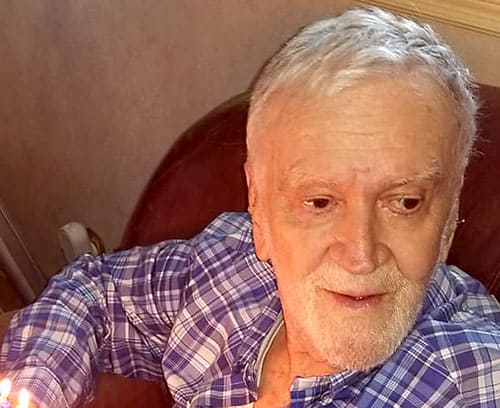
Esteemed and beloved university professor, activist, author, great-grandfather
Donald William Bray, a Claremont resident for nearly six decades who taught political science at Cal State LA for 49 years, died October 17 at the age of 90.
Donald was born in La Crosse, Wisconsin, on July 17, 1929 to Gustav Wilhelm and Lorinda Nelson Bray. As a result of the Great Depression, he, his parents, his siblings, his aunt and uncle and cousins went to live with his paternal grandparents on their dairy farm in Ontario, Wisconsin. His early education was in a one-room schoolhouse.
His father was a chiropractor who established a practice in the nearby town of Sparta, where young Don experienced a typical Midwestern childhood and youth.
He attended the University of Wisconsin for two years before heading west in the summer of 1948 for a job in the lumber industry. That job didn’t pan out, so he set off to find work as an itinerant farm laborer. His journey took him south through Washington, Oregon, California, Nevada and southern Colorado to make cauliflower crates with boyhood best friend Stuart Coffman.
In the fall, Mr. Bray first arrived in Claremont with Mr. Coffman, who had been admitted to Pomona College. He liked what he saw and decided to enroll, acing an entrance exam.
While at Pomona he was a member of the Student World Federalist organization, where he met his future wife, Marjorie Woodford. His professor planned to send him to Harvard for a PhD, but his draft board had selected him to report immediately to the Army induction center in Los Angeles to serve in the Korean War.
Mr. Bray’s Army experience affected him profoundly. In 2011, he wrote an account, The Korean War and Aftermath. When he arrived in Korea he was initially assigned as a clerk at the headquarters of the Tenth Anti-Aircraft Artillery Group in Seoul, a devastated city a few miles from the front. Walking the empty streets he witnessed an Army truck barreling down the street that struck and killed a little girl without even stopping. That image haunted him for the rest of his life.
His experience in the Army deteriorated after he was assigned to a line battalion; he was given permission to visit his Marine brother; on his way back he developed a fever, and was evacuated to a hospital in Kyoto with yellow jaundice.
When he arrived back in the United States in 1953, he took his mustering out pay and bought an airline ticket to Europe. He started in Ireland, then went on to Paris, where he fell in with a group of Swedish artists and decamped to the Spanish island of Ibiza. There he interacted with a varied and wild international group of bohemians. He called it “healing among eccentrics.”
Back in California, he entered the graduate program at UC Berkeley on the GI Bill and began taking courses on Latin American history and politics. The next fall he went to Mexico, which would set the course for his life’s work.
In the winter of 1955 he returned to Berkeley for a brief time before returning to Mexico City to conduct research for his master’s degree thesis on Mexican nationalism. Ms. Woodford had entered a Berkeley graduate program the preceding fall.
Their re-encounter precipitated an intense courtship, and by the time he returned to Mexico in June they had married and set off for a life together that focused on Latin America. Their first child, Joyce, was born while they were there.
He finished his master’s at Berkeley in June 1957. He then began studying Latin American and Luso Brazilian Studies at Stanford University.
After two years of coursework at Stanford, and the birth of second daughter, Gwendolyn, the family left for Chile, where Mr. Bray had won a Fulbright fellowship to do research on Chilean politics.
In 1960 the family returned to Menlo Park, where Mr. Bray wrote his dissertation and their daughter, Laura, was born, who would be followed by a son, Richard, in 1963.
In the fall of 1961, Mr. Bray began a 49-year career at California State University, Los Angeles, teaching Latin American and world politics. In 1962 he joined historian Louis DeArmond and other specialists on the faculty to create the Latin American Studies Program, which would offer a BA and an MA in the field.
The Brays bought a house in Claremont so their children could be near their grandparents, Pomona College geology professor Alfred O. and Gwen Woodford. In the 1960s they were active in the Claremont Democratic Club, backing friends who were local candidates for congress and participating in campaigns against the growing war in Vietnam.
Mr. Bray’s master’s thesis was on Mexico and his PhD dissertation was on Chile. His other major country focus was Cuba, which he visited in 1960, right after that country’s revolution. He wrote and taught courses on Cuba, highlighting the accomplishments of the revolution and how damaging US foreign policy had been to its goals. In 1968 he and colleague Tim Harding were the first US academics to travel to Cuba legally.
Mr. Bray taught in 35 training programs for the Peace Corps, and for many years he did a weekly program on Latin America for a Los Angeles public radio station.
During his life, he visited every Spanish American country, Brazil and Haiti. In 1976 he and Ms. Bray, who was by then teaching at CSULA, visited Africa and the Middle East, in preparation for him to add those areas to the coursework he offered. He and Ms. Bray were founding editors of the journal, Latin American Perspectives. During the 1970s they also produced films on Chile and Argentina with local colleagues. They took students to the Model United Nations in New York City for 20 years and to study abroad in Cuba five times.
In 1997 Mr. Bray organized a commemoration during CSULA’s 50th anniversary to celebrate the university’s role in the Chicano movement, bringing together political representatives and participants in the 1968 walkouts.
Mr. Bray taught until he was 80. He had no desire to give up teaching. He kept busy writing his book and a screenplay, gardening, keeping in touch with former students, reviewing articles for Latin American Perspectives, and spending time with family.
He enjoyed travelling throughout his life, was a devoted father, loved reading and writing. He had a wonderful garden with at least 100 trees, a greenhouse with orchids, and he knew the Latin as well as common names for most plants. He enjoyed his grandsons and great granddaughters.
Upon the celebration of his 90th birthday, a returning graduate student and Chicano attorney said of Mr. Bray, “You taught me a new way to see the world and ourselves and the role we can all take in shaping the future.”
He was predeceased by his brother, Richard Harlan Bray; sister, Joyce Ann Bowden; brother-in-law, Stuart Coffman; and his grandson’s father, Wayne Patton.
Mr. Bray is survived by his wife, Marjorie Woodford Bray of Claremont; sister-in-law Betsey Woodford Coffman of Claremont; children Joyce Bray-Fessler and Richard Woodford Bray of Chula Vista, California, and Gwendolyn Bray and Laura Bray Bouamrane of Claremont; grandsons Cole Patton of Claremont, Richard Fessler (Hilary) of London, and Thomas Fessler of San Diego; great-granddaughters Charlotte and Catherine Fessler of London.
He is also survivied by his nieces Cindi Allen of San Clemente, Cheri Munoz (Henry) of Orange, and Kitty Reed (Dave) of La Cañada-Flintridge; nephews Kurt Coffman (Tess) of Newbury Park, California and Charles Willey (Sandra) of Orange; grandnephews Matt Reed of Hayward, California, Alex Reed of La Cañada-Flintridge, Derick Holcomb of San Diego, and Tyler Coffman of Santa Barbara; grandniece Angel Brown (David) of Orange; great-grandnephew Denver Brown of Orange; cousins Beverly Matteson and Jerry Bray of Wisconsin, Ronald Nelson of Florida; John Fessler of San Diego; and his cat, Juliet.
Some 100 family members, colleagues, former students and other friends gathered at Claremont’s Oak Park Cemetery on October 28 to celebrate Mr. Bray’s life.
Donations to Cal State LA’s Donald W. and Marjorie Woodford Bray and Timothy Harding Scholarship in Latin American Studies may be made by check made out to the Cal State LA Foundation, with “Bray and Harding Scholarship” in the memo line, mailed to Latin American Studies, 5151 State University Dr., Los Angeles, CA 90032.


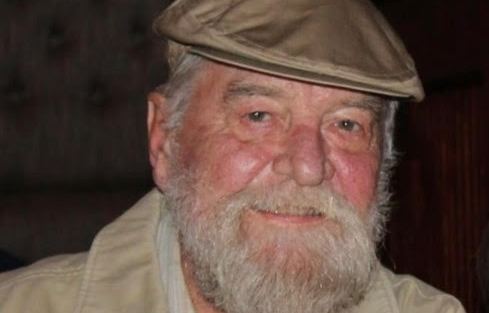
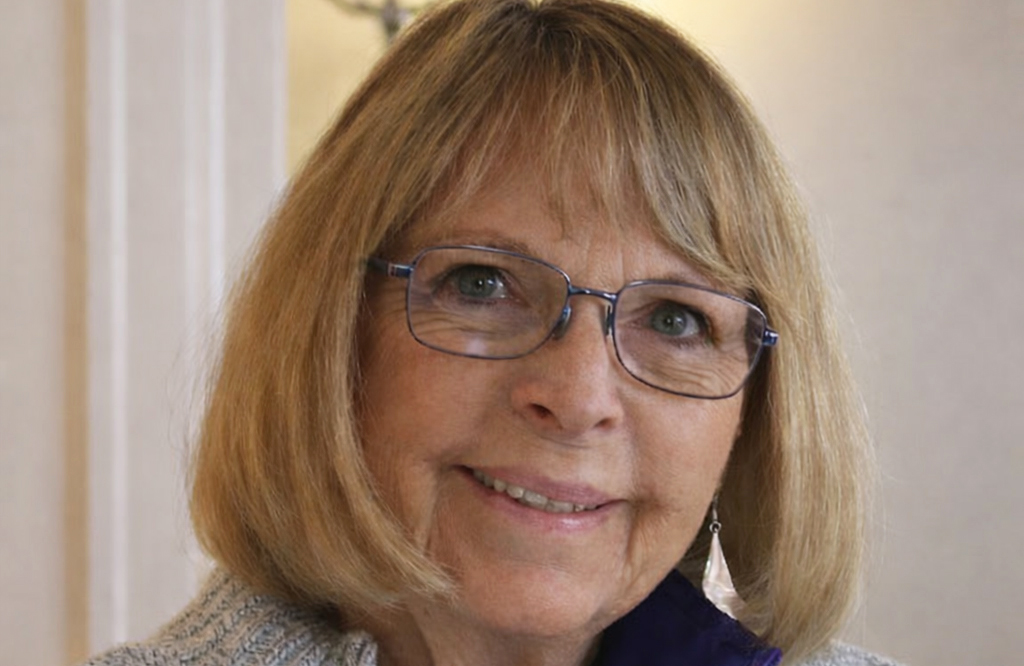
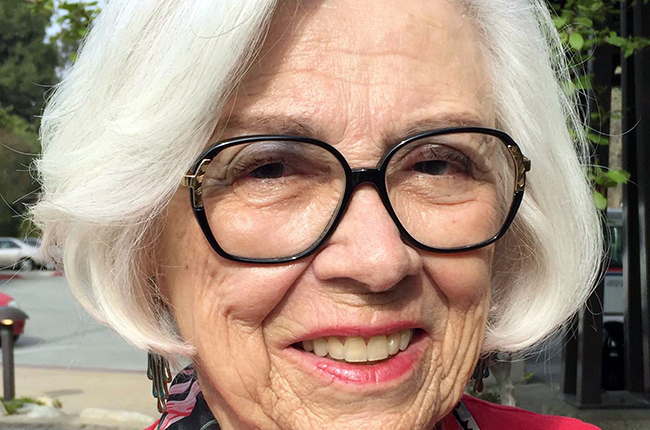
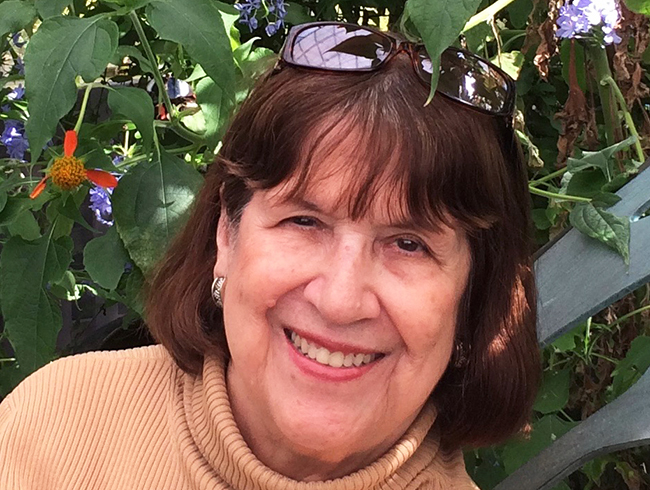
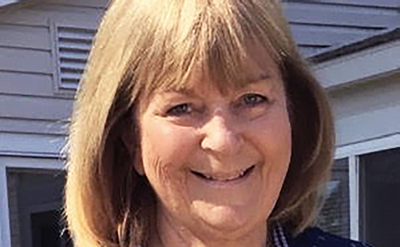
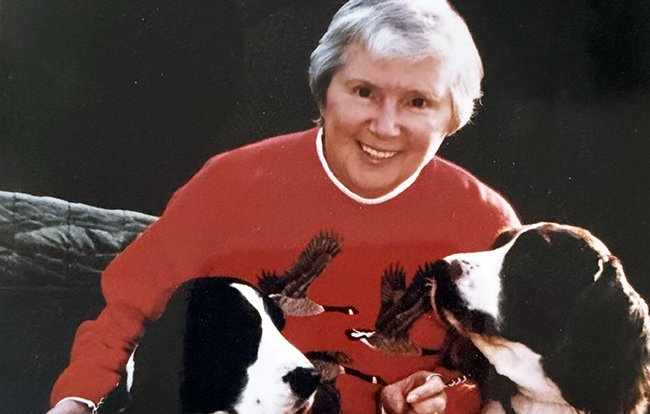

0 Comments